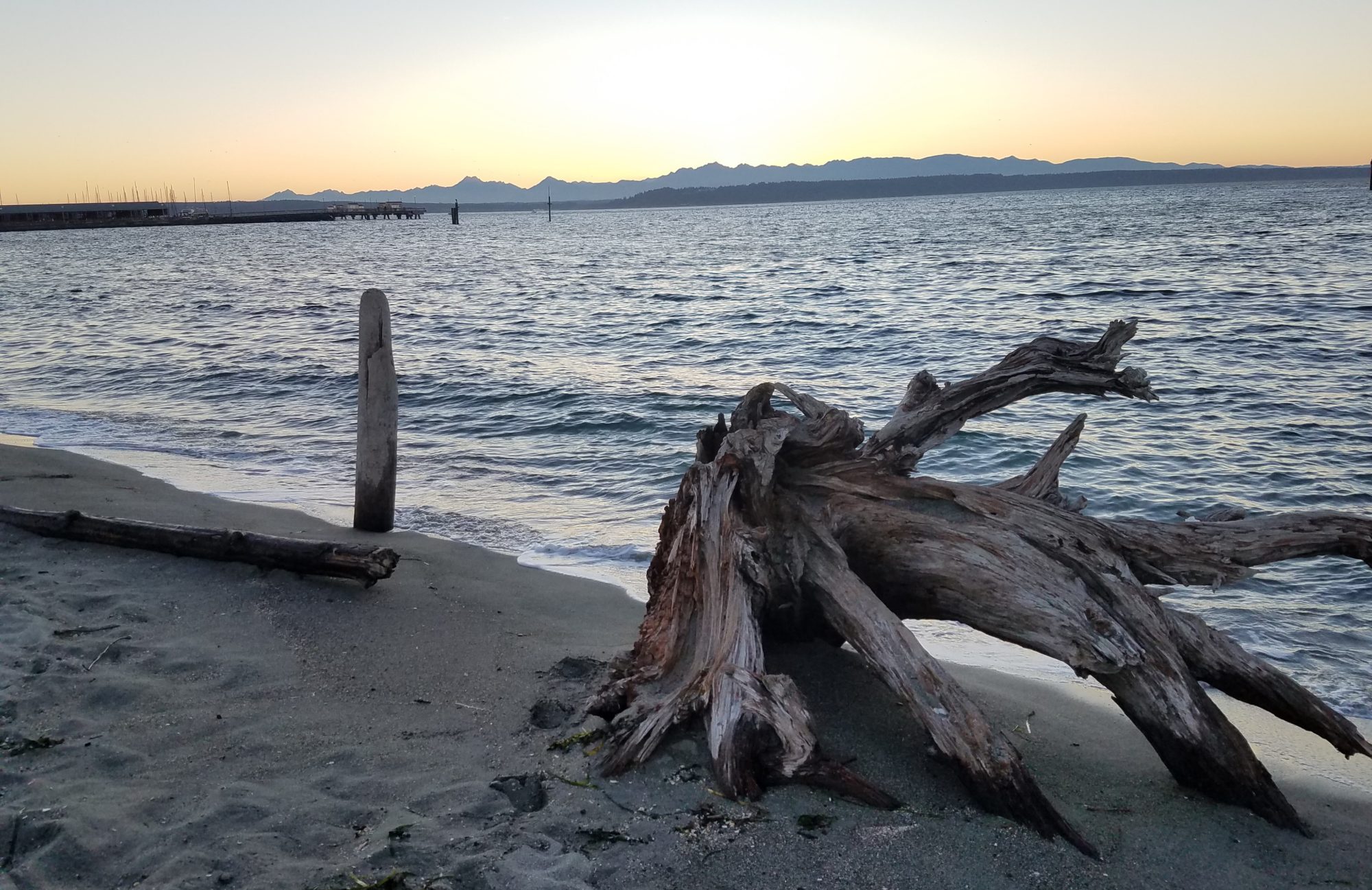My dear friend Salim sent this and I found the story very timely and germane to conversations I’ve had recently about recognizing our place as stewards on this earth and the best teachers (as well as the worst!). With permission, it is copied below.
This story is by George Price – here is more information about him:
George Price (descendant of the Assonet band of the Wampanoag tribal nation of Massachusetts) has been living on his five-acre organic, polyculture farm on the Flathead Indian Reservation since the summer of 1985. He retired from a 33-year teaching career in May of 2018: 10 years at Two Eagle River School, 3 years at Salish Kootenai College, and 20 years at the University of Montana, teaching Native American Studies, American History, and African American Studies. Dr. Price has also served on several boards and committees from the 1990s to the present, including the Flathead Reservation Human Rights Coalition, Indian People’s Action, the Missoula Martin Luther King Jr. Day Committee, AVOICE, the CSKT Climate Change Advisory Committee, and the Montana Indigenous Food Sovereignty Initiative. Now that he is retired, he is devoting the remainder of his life to Earth/Water protecting, organic farming, food sovereignty, writing, and replacing industrial capitalism with local, eco-harmonious, life-supporting, cooperative, alternative societal and economic structures
.
*****************************************************************************
Drop That Fish!!
This morning, while I was working in the garden, I was given the opportunity to witness some inter-species interaction that I had never seen before. Right up above my head and not very high in the sky, a bald eagle was chasing an osprey that had a fish in his talons, circling, zig-zagging and reversing directions. The two birds showed incredible flying skills and were moving very fast. Several times the eagle got within inches of the osprey but never tried to attack him, with talons, beak or wings. I don’t remember hearing them vocalize at all during the whole time I watched them, but a few times I heard the sounds of their wings.
I watched this for about five minutes and my neck was sore when it was over from looking almost straight up in the air for so long. It was clear to me, early on, that what I was watching was not some sort of alleged “vicious struggle for survival.” It was a friendly contest. It was clearly a game. I think they call it, “Drop the Fish!” After about five minutes (I do not know how long the game had already been going before I looked up from my work and first saw them) the eagle stopped the chase, as if to say, “OK, you win this time, my friend.” The osprey went towards the trees on the hills and the eagle went the opposite way, back towards the Jocko river.
Many of the old, first stories (a.k.a., “oral traditions” in academic speak) of Indigenous peoples revolve around games and contests between the people of different species. These stories often explain how certain phenomena came to be, and instill many important moral and ethical lessons in the children as they listen to them every year, throughout their lives. The playful spirit and comradery between the different peoples (or “species,” as westerners are taught to call them) stands in sharp contrast to the preferred myths of colonialist western industrial technophile anthropocentric society. The colonialists prefer to project their own values, norms and perceptions onto other species of the natural world, thereby portraying the natural world as a place in constant, vicious, predatory “struggle to survive,” in an attempt to normalize their own behavior and justify their alienation from nature.
So, a good question to ask ourselves is why do we give credence to the stories told by a culture that has done more harm to the natural world than any other human culture in all of history and obviously has no clue as to how to live in harmony with our local, inter-connected ecosystems, does not understand the languages or hear the messages of the natural world, or know what humans were meant to be or how we fit within inter-connected Life?
(Note: I did not take the photo below. Just found it on Google images. My cameras were in the house at the time of this wonderful sighting.)

— George Price
